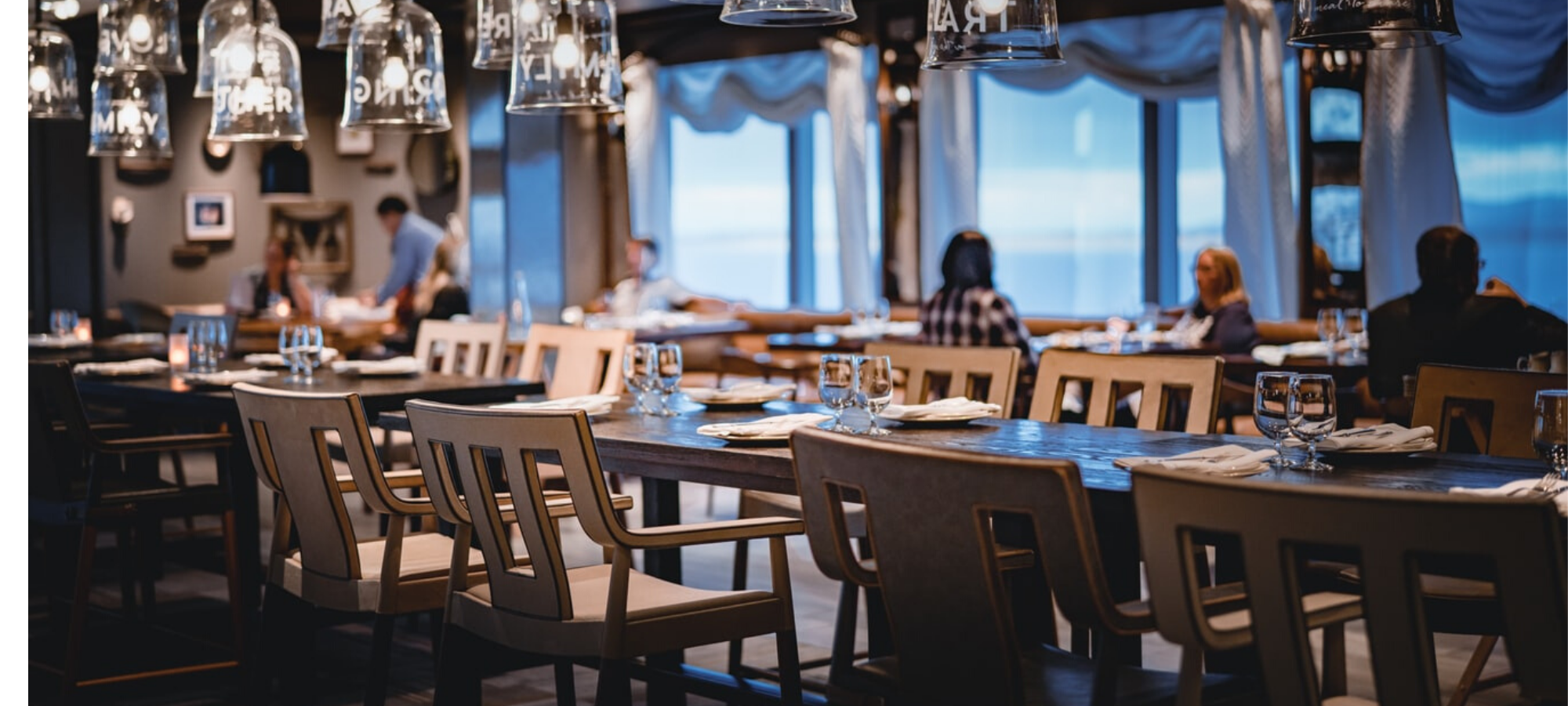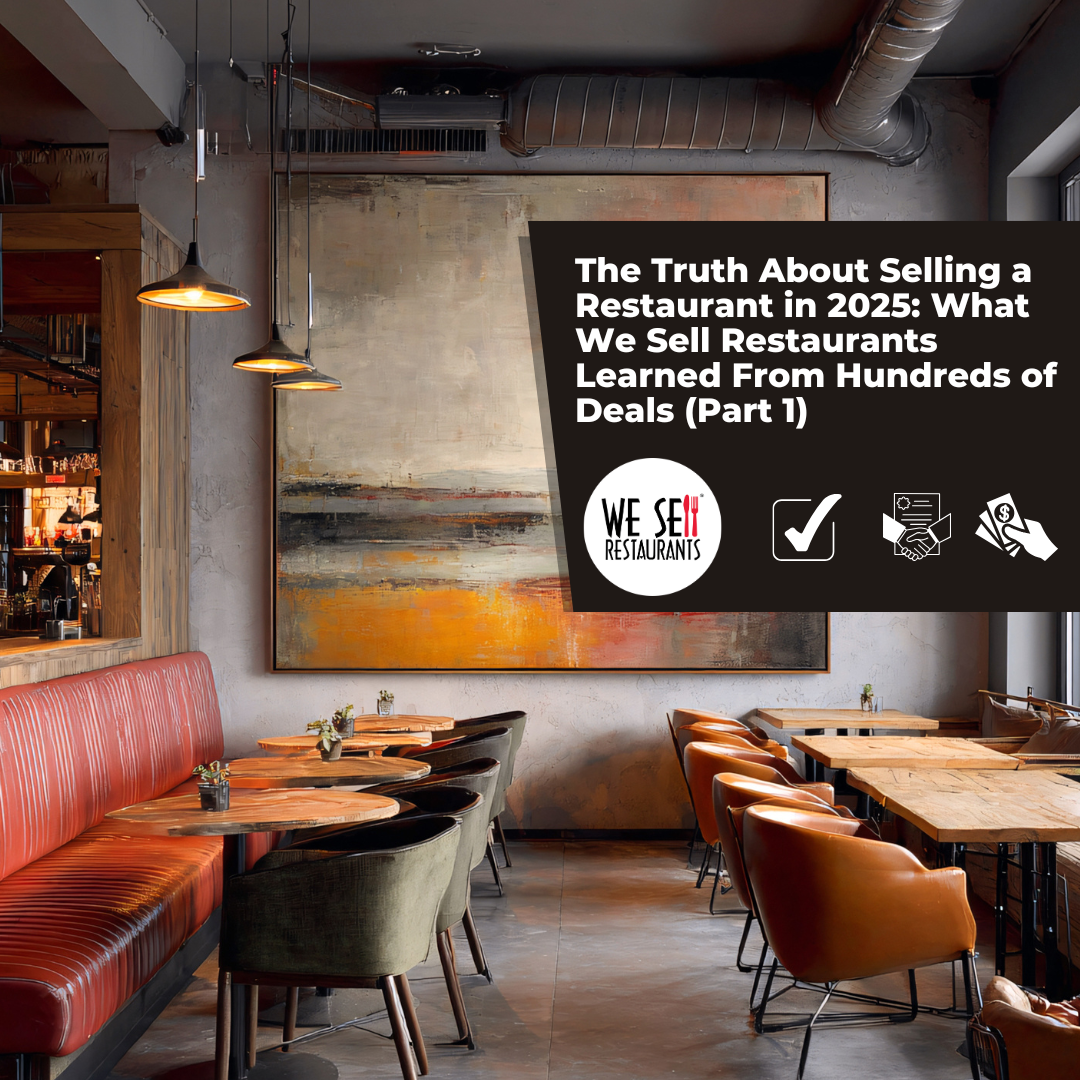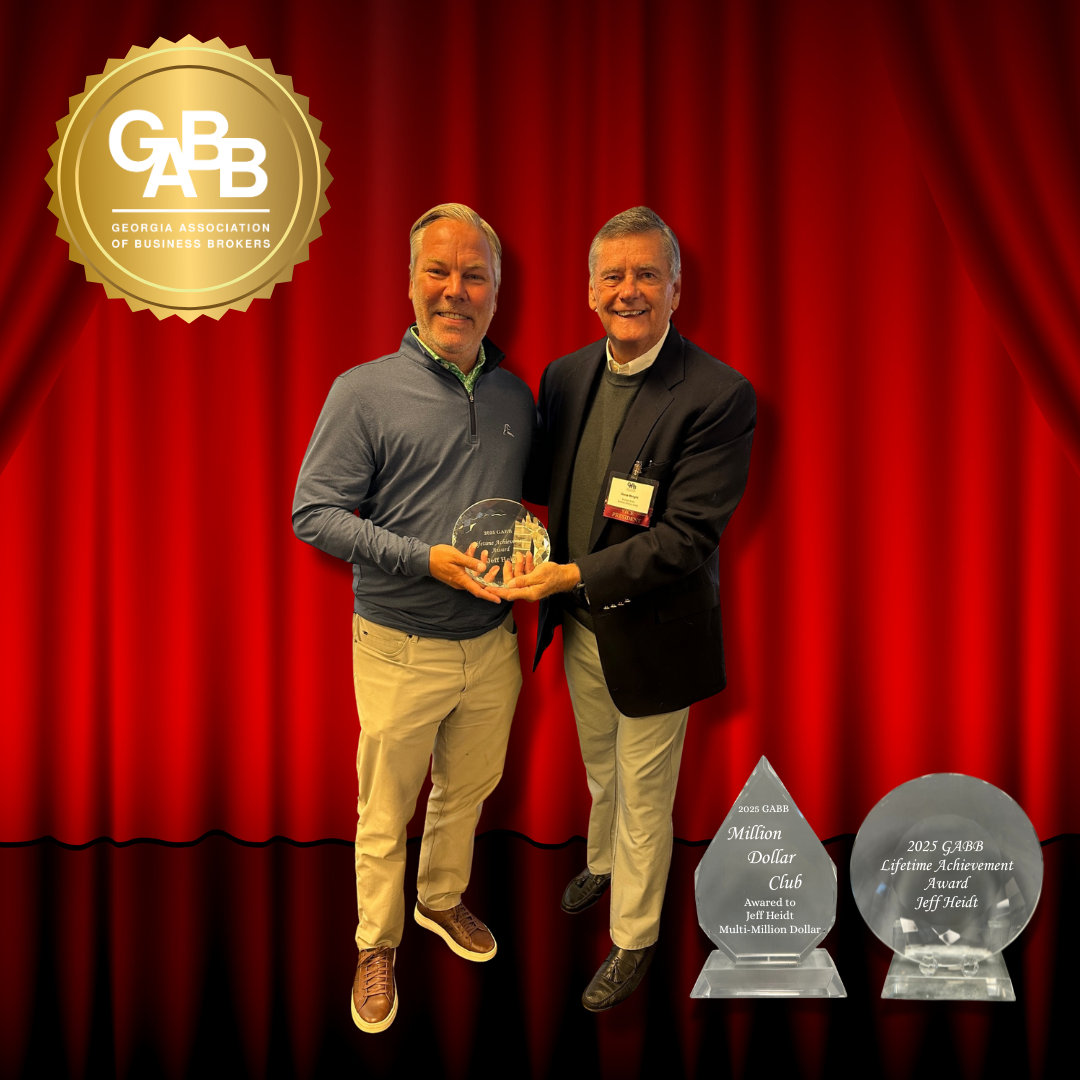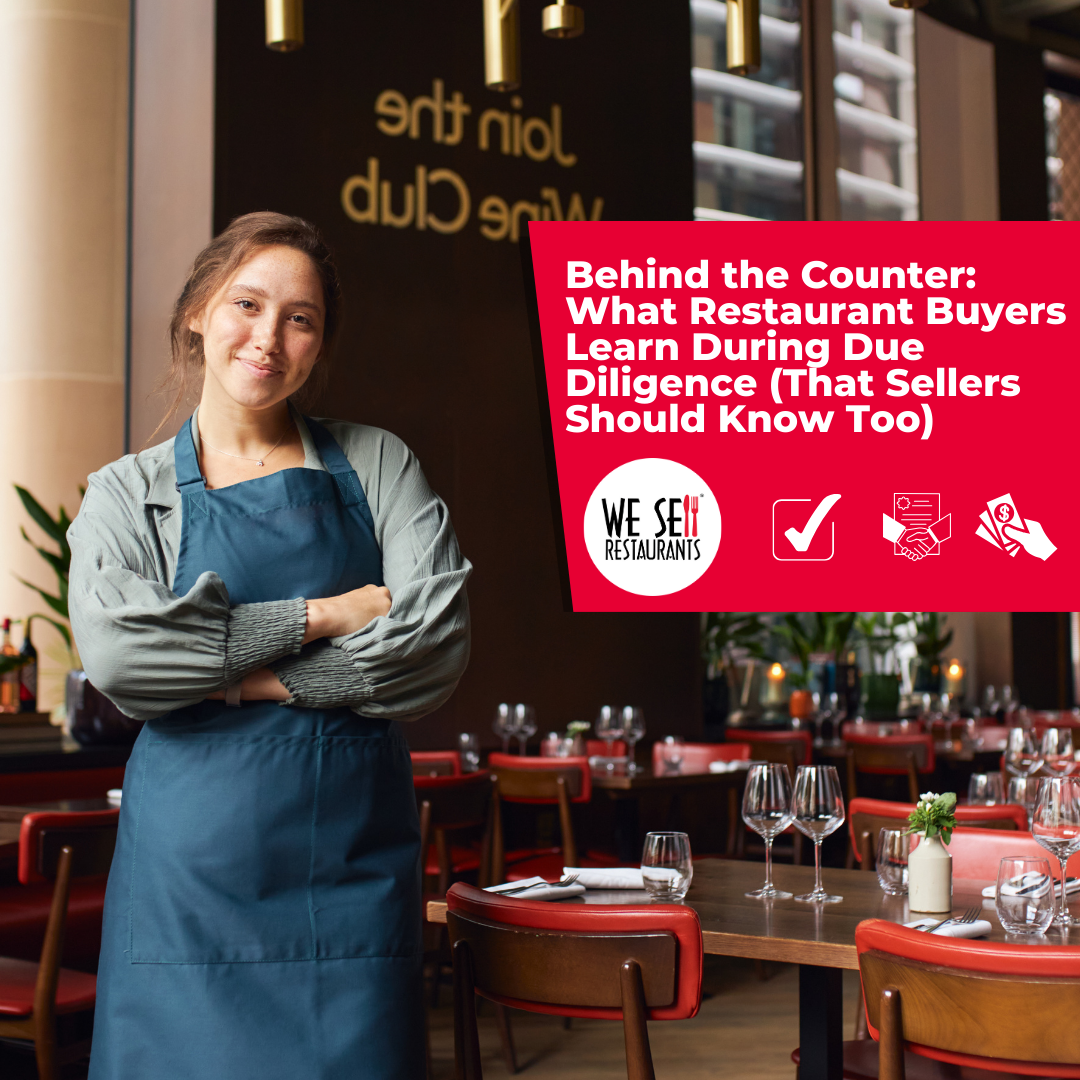The restaurant brokers at We Sell Restaurants are hearing this question daily now that we are a scant six weeks away from seeing some of the benefits for SBA borrowers afforded by the CARES Act expire on September 27, 2020.
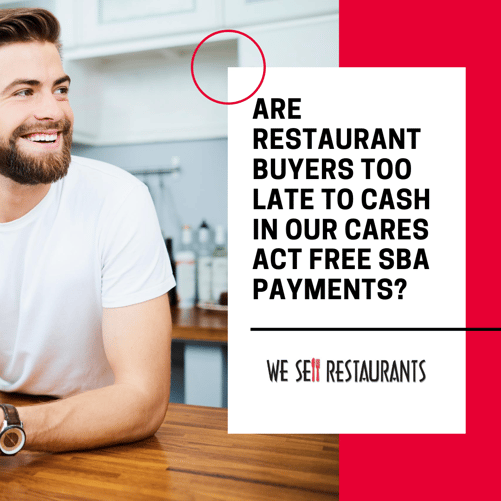
The CARES Act, which resulted in the PPP benefits for restaurant operators also had a tremendous benefit for those with existing SBA loans. The government actually paid the principle and interest on those loans for the past six months.
In addition, they agreed to pay the fees for the first six months of any newly generated loan if it closes by the end of September. That is great news for restaurant buyers but if you are just learning about it today, the odds are, it is too late.
Lenders are telling the Restaurant Brokers that they are seeing an unprecedent number of deals flowing their way. One lender described it this way, “We have PPP loans still going out. We have PPP loan forgiveness applications rolling in and we have everyone trying to beat the clock and close deals by the end of September. It’s like 15 years of volume rolled into six months.”
If you have missed the window on the SBA gift of six months of payments, here are some other ideas to help you get favorable terms buying a restaurant. The first step on any of these ideas is to pull out your calculator and figure out what you are solving for.
The benefit of the government stepping in and paying six months of interest and payments free of charge almost seems too good to be true. When you run the calculations, you may find it is not as great as you thought it might be. Here are the reasons why.
SBA lending is expensive. You will typically pay an SBA Guaranty Fee that can be as much as two to three percent of the loan. In addition, you also see a typical “Packaging Fee” that ranges from $2500 to $5000 on small loans for buying a restaurant (say $250,000 or below) and much higher on larger transactions. Even on small loans, it is typical for
SBA Lending Requires Strong Collateral. The SBA lenders require that you fully collateralize your loan position meaning, in most cases, that you pledge other assets. This is usually your personal residence.
Here is an example for a $245,000 loan with SBA lending that closed earlier this month with We Sell Restaurants.
Loan Amount: $203,000
Fees:
- Guarantee Fee $4561
- Loan Packaging Fee $266
- Credit Reports $100
- UCC filing $250
- Courier $100
- Flood Certificates $60
- Insurance Tracking $150
- Tax Verification $25
- Site Visit $135
- Lender Legal Fees $3250
- Title Search Fees $500
- Recording Fees $64
Total Fees to the Buyer: $9461.00
There are nearly $10,000 in fees to the restaurant buyer on a limited size transaction. If you calculate the payments (principle plus interest) on the loan, it is roughly $2104 per month so six months of payments would total $12,624.
Again, do the math. You spend $9461 to save $12,624 and while the net is positive – you walk out with a $3,163 to the good, you also have your personal home tied up on a commitment to the SBA for the next ten years.
So, according to these restaurant brokers, here are some alternatives.
Recommendation One: Ask the seller for lending. Seller financing has NO fees. That is a savings of nearly $10,000 versus SBA lending in the example above.
Recommendation Two: Ask the seller for THREE months abatement of the payments or until the restaurant is back to full occupancy, whichever is sooner. You may be surprised to see many accept.
Recommendation Three: Use your own money. Borrow against your 401K which despite COVID19 should be in good shape. The stock market has regained most of its prior losses. You incur around $3500 to $5000 in expenses, but you can use the upswing from the last few years in the stock market to buy at the low end and be positioned for growth with a more valuable asset and cash flow when the full dining experience returns.
Recommendation Four: Go forward with your own funds and ask the landlord for a new lease at a longer term with rent abatement (not deferral) in the initial months. Your rent is going to be as much as your payment would have been for lending, so it is still free cash flow to you.
Recommendation Five: Work with a restaurant broker who knows how to negotiate deals to your advantage so they can offer creative solutions like these and increase your initial cash flow when buying a restaurant.
The overall goal of the CARES Act six months of payments was to create cash flow in the short term. There is more than one way to achieve that goal even if you missed the opportunity to fund a deal by the end of September.
Visit this link or see our restaurants for sale with owner financing or all restaurants for sale here.

 404-800-6700
404-800-6700.png)
